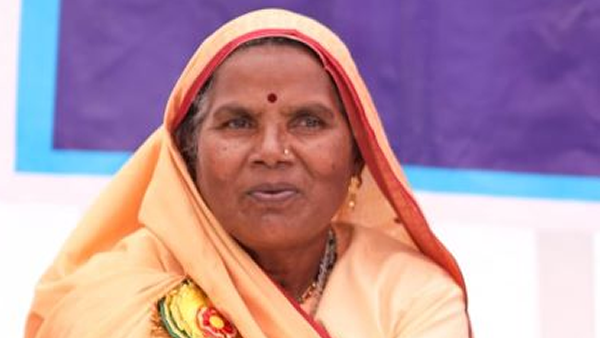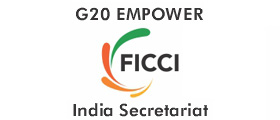“Till a few years ago, women in traditional tribal outfits would get up from their seats in a bus and offer it to a man in shirt and trousers. But now, we are aware that we have also paid for the ticket and have a right to remain seated," says Sumli Bai Gangaram, a resident of Warla block of Barwani district.
This awareness is the result of tireless efforts by local Self Help Groups, which are part of the National Rural Livelihood Mission aimed at reaching out to rural poor families and link them to sustainable livelihood opportunities. For Sumli Bai, things began to change eight years ago when she had joined a self-help group. It was, however, not an easy journey.
``We had no money, not even Rs 100, to pay for the SHG,” she remembers. “When we somehow managed to bring together 10-12 women they would not speak at the meetings because they had never spoken up in the house either.”
Over the next two to three years, she was appointed as the president of the SHG Lakshmi Sahayata Samooh. At present, she is the president of the Balwadi Advasi Mahila Mandal, Balwadi, a federation of 200 SHGs with a membership of close to 1,500 women.
Today Sumli Bai – fondly known as Sumli Didi – an unlettered woman, a former seasonal migrant, who would travel to the bordering Maharashtra to earn a living, has been instrumental in ensuring the financial literacy of women in her community by enhancing their knowledge on savings, credits, and loans, which resulted in better accountability of SHGs and easy loans for income generating activities, and reduced their dependence on exploitative money-lenders.
She has broken many taboos along the way – and is now also a member of the tribal justice committee of her village, a traditionally male-dominated entity, where women had no entry before.
“I found it very strange that men should decide on women’s issues without consulting women. So, I started protesting when justice was delivered without women having any say," she says.
As the president, Sumli Bai has represented her Federation in various platforms and built a rapport with Janpad and Panchayat level officers, police station and the local administration ensuring her community members got their Aadhar Cards, Labour Cards, Health Cards, Soil Cards, Pension entitlements and other relevant government documents.
She has also created an open space where villagers, especially women, can bring their problems and challenges for a collective solution. “This has been particularly helpful in the case of domestic violence,” she says.
“Ever since we joined the SHGs, ghoonghat hat gaya, aur izzat badh gayi" (our veils are gone and respect has increased). We can now walk into a police station and can even question the District Collector, if need be,” she says.
“Women never had money and were not respected; but now we are financially independent and everyone respects us," she says.
 |
 |
These stories of women-led development have been compiled by UN Women India. All copyrights to the stories and images are held by UN Women India Country Office dated December 2022. |

